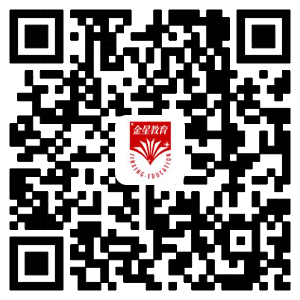五、相互代词的用法
英语的相互代词只有each other和one another,它们在句中通常只用作宾语,不能用作主语或状语等。如:
Students should help one another. 学生应该互相帮助。
We had known each other for many years. 我们认识许多年了。
注:相互代词可以有所有格形式(each other’s, one another’s)。如:
They often stay in one another's house. 他们常常在彼此的家里住。
另外,有人认为 each other用于两者,one another用于三者,但在现代英语中它们常可换用(即均可用于两者或三者)。
六、指示代词的用法
指示代词主要有四个,即this, that, these 和 those。它们在句中可作主语、宾语、表语、定语等。具体使用时应注意以下几点:
1. 为避免重复,可用 that 和 those 代替前面提到的名词。如:
Our grain output is now 5 times that of 1980. 我们现在的粮食产量是1980年的5倍。(that=the grain output)
2. 用来回指上文提到的事情时,可用this 或 that,但是若要指下文叙述的事情,通常要用 this。如:
I want to know this: Is she beautiful? 我想知道这一点:她美吗?
3. 在打电话时,通常用 this 指自己,用that指对方:
Hello. This is Jim. Is that John? 喂,我是吉姆,你是约翰吗?
4. 除用作代词外,this 和that 还可用作副词,用以修饰形容词或副词,意为“这么”、“那么”,相当于 so。如:
I've done only that much. 我所做的就这么多。
Is he always this busy? 他总这么忙吗?
七、疑问代词的用法
1. 疑问代词即指who, whom, whose, which, what等用于引出特殊疑问句的代词。它们在句中可用作主语、表语、宾语、定语等。如:
What did she say? 她怎么说?
Which are our seats? 哪些是我们的座位?
What are you worrying about? 你为什么事烦恼?
注:who 和 whom 只用作主语、宾语和表语,不用作定语;what, which, whose 则既可用作主语、宾语和表语,也可用作定语。
2. what与 which的用法区别:当选择的范围较明确时,用 which;当选择的范围不明确时,用 what。如:
Which color do you like, red, black or white? 红色、黑色和白色,你喜欢哪种?
What color is your car? 你的汽车是什么颜色的?
